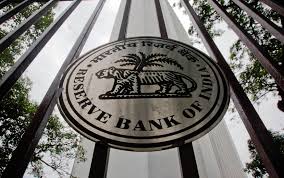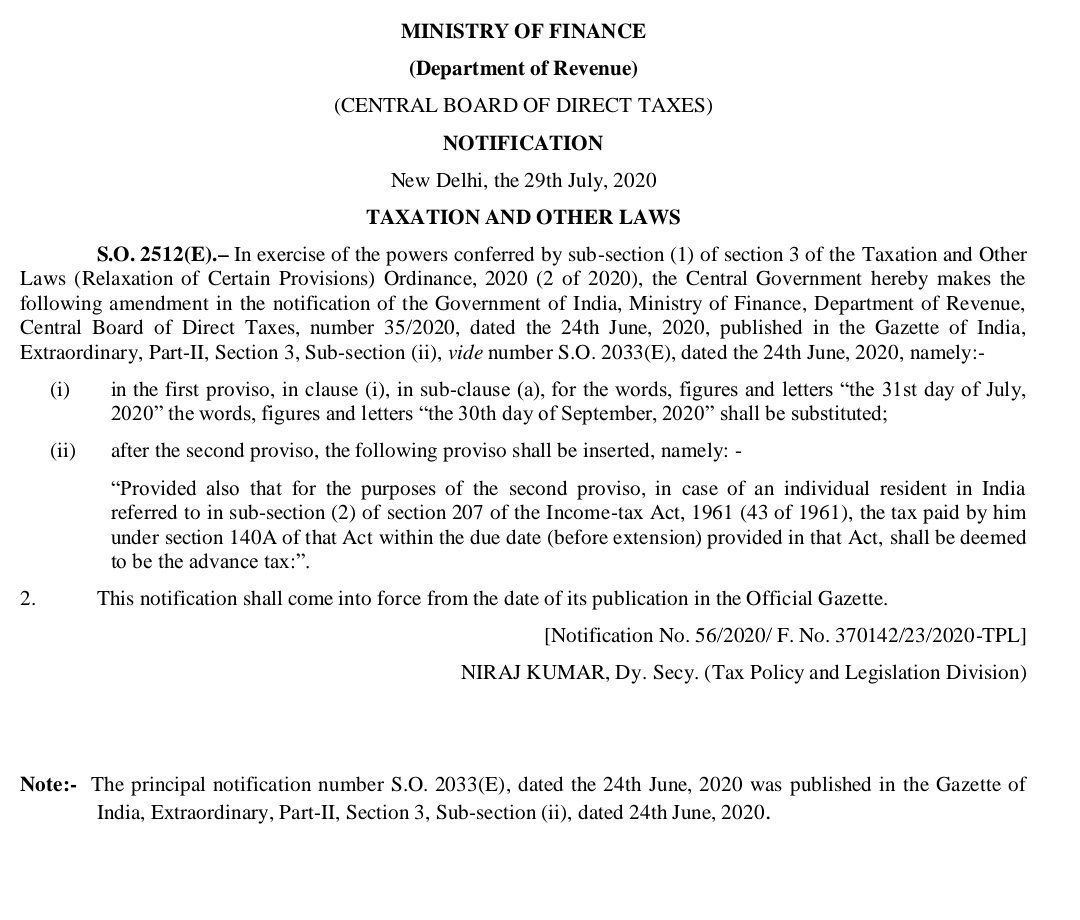
The Reserve Bank of India set new conditions for banks to open current accounts for large borrowers in order to strengthen credit discipline. Use of multiple operating accounts by borrowers—both current well as cash/overdraft accounts—has been observed to be prone to vitiating credit discipline, the RBI said its Statement on Developmental and Regulatory Policies on Thursday.
“The checks and balances put in place in the extant framework, for opening of current accounts, are found to be inadequate,” it said, adding that the central bank has revised its guidelines to bring in appropriate safeguards
The revised norms are also expected to bring in the requisite discipline in collective actions by creditors for speedier resolution of stress in the accounts of borrowers, it said.
The purpose of the revised guidelines is to ensure that borrowers route their payments to and from a current account with a bank that has the largest exposure to the borrower, instead of having multiple current accounts across banks.
Here are the revised guidelines:
Opening Current Accounts
For a borrower with an existing CC or OD Facility
The bank cannot open a current account for the borrower and all transactions have to be routed through the cash credit or overdraft account.
For a borrower with No existing CC or OD Facility
Banks can open a current account if the total exposure to the borrower is less than Rs 5 crore. As and when the exposure goes beyond Rs 5 crore, the borrower has to inform the bank and, thereafter, it will be governed differently.
Credit Facilities of Rs 5 Crore to Rs 50 Crore
Any lender can open a current account, while non-lending banks can only open a collection account.
Credit Facilities of more than Rs 50 Crore
Any lender can open a current account, while non-lending banks can only open a collection account. Credit Facilities of more than Rs 50 Crore Banks have been mandated to create an escrow mechanism and only the escrow-managing lender or agent can open the current account for the borrower.
The balances in such accounts cannot be used as a margin for availing any non-fund based credit facilities. While there is no prohibition on the amount or the number of credits in ‘collection accounts’, any debits will be limited to the purpose of remitting the proceeds to the escrow account.
The banks should not route any withdrawal transaction from term loans availed by the borrower through current accounts and, instead, funds from term loans should be remitted directly to the supplier of goods and services.
Expenses incurred by the borrower for day-to-day operations should be routed through the cash credit/overdraft account, if the borrower has one; else, it should be routed through a current account.
Conditions to avail CC Or OD Facility
When a bank’s exposure to a borrower is less than 10% of Aggregate Banking System Exposure
The CC and OD facility can be availed but it can only be used for credits. Any debit transaction can only be to remit funds to the borrower’s CC or OD account held with a bank which has an exposure of 10% or more of the banking system’s total exposure to the borrower.
When a bank’s exposure to a borrower is more than 10% of Aggregate Banking System Exposure
Banks can provide the borrower with a CC/OD facility. If the borrower has availed loans from more than one bank and more than one bank has an exposure of 10%, the bank to which the funds are to be remitted may be decided mutually between the borrower and the banks.
All large borrowers that have a working capital facility bifurcated between a loan component and a cash credit component need to maintain the balances at individual banks in all cases, including consortium lending.
“The RBI has been concerned about diversion of funds. Therefore, the norm that RBI has put in place is that if a bank opens a current account, they receive a no-objection-certificate from the lending bank, so that the lending bank knows another current account is being opened for its loan customer,” said Rajiv Anand, executive director, Axis Bank.
These conditions have been put in place to bring in credit discipline and ensure that the issue if diversion of funds is much better managed than it is today, he said.
According to Ajay Shaw, partner, DSK Legal, the new conditions are aimed at ensuring that large borrowers do not use multiple accounts and route money to and from them.
“The RBI is insisting that all current accounts should be unified and for large borrowers there should be an escrow or trust and retention mechanism, with a waterfall, to ensure that there is a control of cash-flows.”
In an extreme case, if a borrower had an escrow account in a consortium loan and another lender is brought in, the borrower would then route all payments to the new lender and not to others, he said.
The RBI, according to Shaw, is trying to avoid these situations. “Banks will need to review all their current accounts and they have already begun informing their clients to close accounts and to maintain only one,” he said.
Source: Bloomberg Quint






